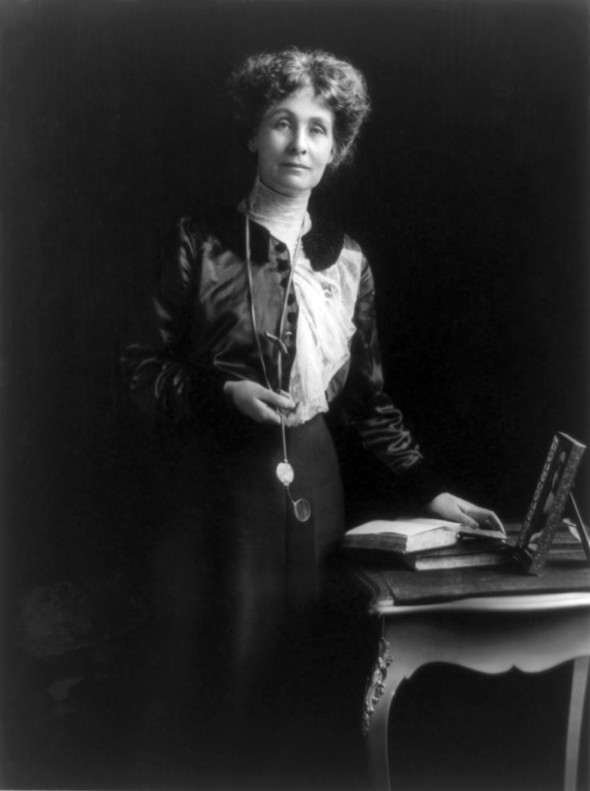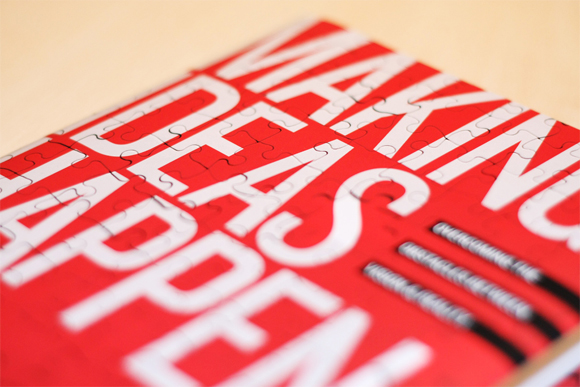By Sarah Jarvis, Travis Arbon and Natalia Ghilascu
Emmeline Pankhurst, with her advocation of violence, is interesting to examine as a leader. She promoted the idea that for all women to gain the right to vote, they needed to make their wants known as loudly as possible — through tactics like police assaults and arson.
Born Emmeline Goulden to activist parents in 1858, Pankhurst was introduced to the importance of social justice at a young age. As a child, her parents would read Uncle Tom’s Cabin to her and her siblings as a bedtime story. Her parents introduced her to the women’s suffrage movement at age 14, though they still encouraged her to prepare for life as a wife and mother.

In 1879, she married a lawyer who was known for his support of women’s suffrage. She eventually became a social security authority and founded the Women’s Social and Political Union, for which she is best known. The group advocated the suffrage of all women, not just those who were married (at the time, women’s husbands could vote for them). The WSPU was known for breaking windows, assaulting police officers and other physical confrontations as they worked toward the group’s motto, “deeds, not words.”
Near the end of her life and during World War 1, Pankhurst halted militant suffrage activism and shifted her time to war efforts. She encouraged men to fight and women to help with industrial production in their absence. She died weeks before the government granted all women over 21 the right to vote in 1928.
Pankhurst inspired generations of women leaders and was
instrumental in seeing the right to vote extended to all
women. She is remembered today in statues, museums and art
across the UK, but she remains a controversial figure in
history. Even her own daughters had conflicting views
about her life’s work. One daughter wrote a book
proclaiming her mother a hero, while another spun a
conflicting tale which criticized her mother’s
tactics.
Despite her radicalism, her bold approach to civil rights
made great change possible. While her way of doing things
may garner the most attention, what really stands out in
terms of her leadership ability is her willingness to
persevere, to do whatever it takes to do what’s right, an
admirable trait in any leader.
If we look at Emmeline Pankhurst’s leadership style, she led by example and had a great influence over her followers. She challenged their views and made them rise up for their rights. While leading, women were astonished by her self-confidence and passion. Nowadays, critics say she had a highly moralistic approach that defined her as a genuine and inspirational leader which consequently led to her success.
She was able to change not only the thinking of the time, but changed individual’s beliefs by displaying an immense determination and motivation in achieving her goals. Being inspired by the other women’s movements in USA at that time, she organizedprotests and demonstrations; she would personally motivate the group to be ruthless in their endeavor for equal women’s rights.
She is definitely a hero by her bravery, and she was able to stand up for what she believed was right, even if she stood alone. She worked very hard and accomplished great things for both herself and her community. Throughout her career she endured humiliation, prison, hunger strikes and the repeated frustration of her aims being criticized by men in power, but she rose to become the guiding light of the Suffragette movement. Pankhurst remained in people’s hearts as a leader who struggled for equality.
While Pankhurst was rigid in her views, she had the foresight to know the suffrage movement needed to adapt to fit in with and challenge the male leadership of the time. Because of this, Pankhurst was not fearful to stay in prison and be arrested along with other activists.




I almost began to comment how Pankhurst’s militant tactics feel woefully out-of-place in today’s world before I realized that no… the spirit of suffrage is alive and well, Although her methods are a strong contrast to the lauded peaceful protests of Rev. King Jr. and Ghandi, we understand her cause was just and though extreme, her tactics won for women in the UK the right to vote.
Pankhurst was feared and hated by many outside the WSPU. Not only did her organization violently break the law, burn down buildings and assault police, they stepped completely outside of cultural norms. But in retrospect, we can disagree with her actions but still admire her passion and drive.
As someone who’s derided the violent protests at Baltimore and Fergeson, I have to honestly ask myself: What if it’s the same? The protestor’s tactics might be illegal and by themselves bad, but what if it’s the only way for the system to improve? What if protestors aren’t the problem? What if AMERICA is?